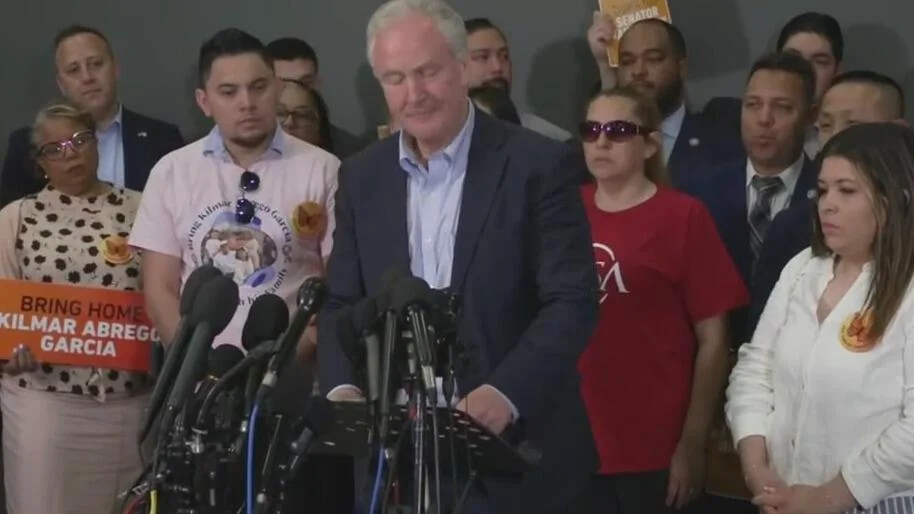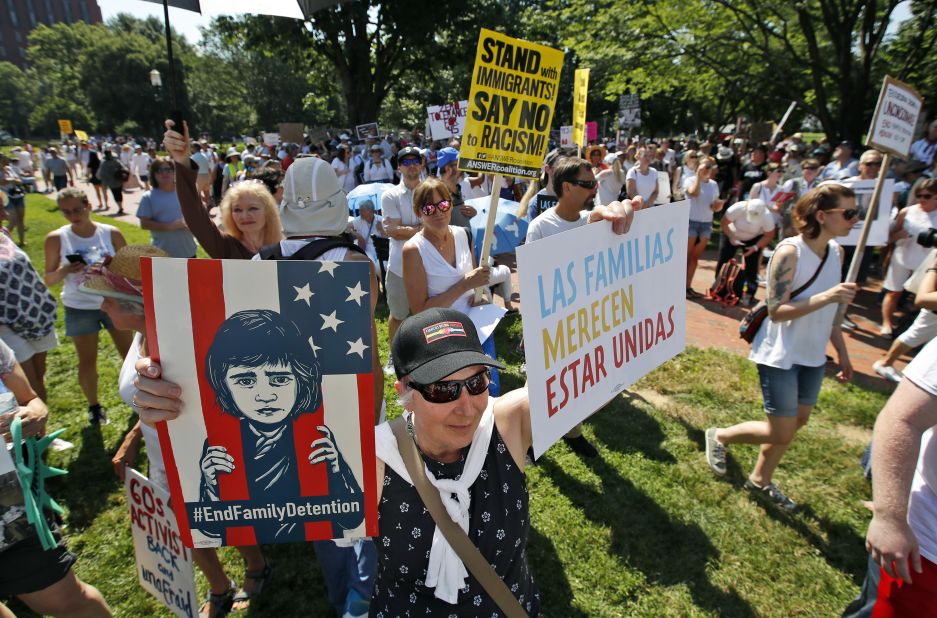Brutal Conditions in Cecot Prison
New revelations about the Torture and mistreatment of Kilmar Ábrego García provide a stark reminder of the inhumanity embedded within the U.S. immigration system. García, a Maryland man wrongfully deported to El Salvador, has detailed harrowing experiences of physical and psychological torture during his three-month detention at the notorious Terrorism Confinement Center (Cecot). According to court documents, he was forced to kneel for up to 11 hours a night, denied basic sanitation, and subjected to incessant bright lights and overcrowded cells.
Government Accountability is Essential
This case underscores the urgent need for comprehensive accountability in U.S. immigration policies. The Trump administration"s decision to deport García was not only a bureaucratic error but a massive violation of human rights. His attorneys allege that prison officials recognized he was not a gang member, an assessment that contradicts the justification for his deportation. The acknowledgment that his tattoos did not signify gang affiliation raises critical questions about the motivations behind the deportation and the systemic biases within law enforcement.

Extended coverage: Senator details meeting with Kilmar Abrego Garcia, Maryland man mistakenly deport
Human Rights Violations in El Salvador
The conditions reported in Cecot reflect a broader pattern of human rights violations in El Salvador’s prison system. The Salvadoran government, under President Nayib Bukele, has aggressively pursued a controversial crackdown on gangs, which critics argue disproportionately targets marginalized populations. Since the prison"s opening in late 2022, human rights groups have consistently reported systemic abuses aimed at silencing dissent and eliminating perceived threats to state authority.
The Role of the U.S. in Human Rights Abuses
As the U.S. continues to deport individuals like García to countries with known human rights issues, it must grapple with its complicity in these abuses. The Biden administration"s rhetoric about human rights is undermined by its actions that perpetuate cycles of violence and oppression. García"s case illustrates how the U.S. government not only fails to protect vulnerable individuals but actively places them in harm"s way.

12-year-old gives powerful speech
Potential Outcomes and Ongoing Legal Battles
As of now, the legal battle surrounding García’s fate remains uncertain. A Tennessee judge recently ordered his release while his criminal case unfolds, yet the threat of immediate deportation looms large. The chaotic statements from government officials about where García might be sent next only add to the anxiety surrounding his case. Legal advocates are pressing for protections to ensure that García is not sent back to a system where he has already faced severe abuse.
Ultimately, the plight of Kilmar Ábrego García highlights systemic failures within U.S. immigration policy and the urgent need for reform. It is imperative that the public holds the government accountable for its role in these violations and advocates for a more just and humane immigration system that prioritizes the lives and rights of individuals over political rhetoric.

![[Video] Anti-ICE Protester Pepper Sprayed as CBP Agents Disperse Crowd in Minneapolis](/_next/image?url=%2Fapi%2Fimage%2Fthumbnails%2Fthumbnail-1768260677127-y71sb7-thumbnail.jpg&w=3840&q=75)

![[Video] Several injured as U-Haul truck drives through Iranian protestors in Los Angeles](/_next/image?url=%2Fapi%2Fimage%2Fthumbnails%2Fthumbnail-1768176682028-q95y6j-thumbnail.jpg&w=3840&q=75)
![[Video] Scuffle breaks out between Trump supporters and Anti-ICE protesters in Times Square](/_next/image?url=%2Fapi%2Fimage%2Fthumbnails%2Fthumbnail-1768165958203-hgcgb-thumbnail.jpg&w=3840&q=75)


![[Video] Gunfire between Iraqi security forces and Sadr militias in Baghdad](/_next/image?url=%2Fapi%2Fimage%2Fthumbnails%2Fthumbnail-1768343508874-4redb-thumbnail.jpg&w=3840&q=75)
